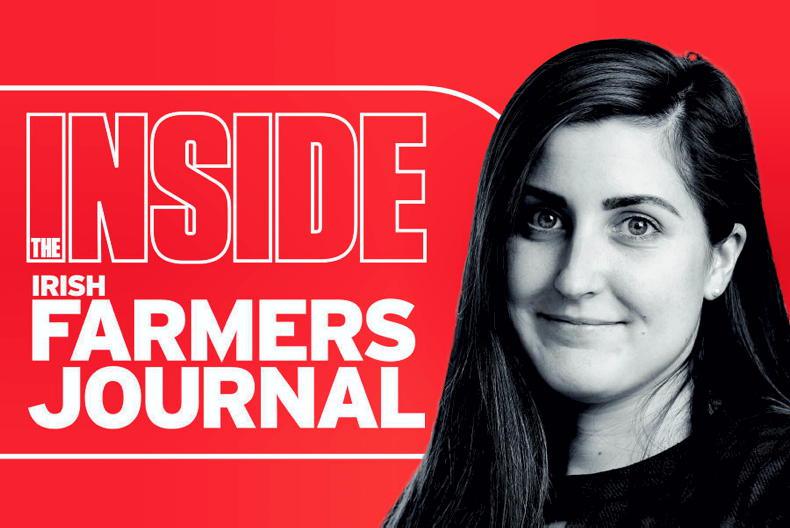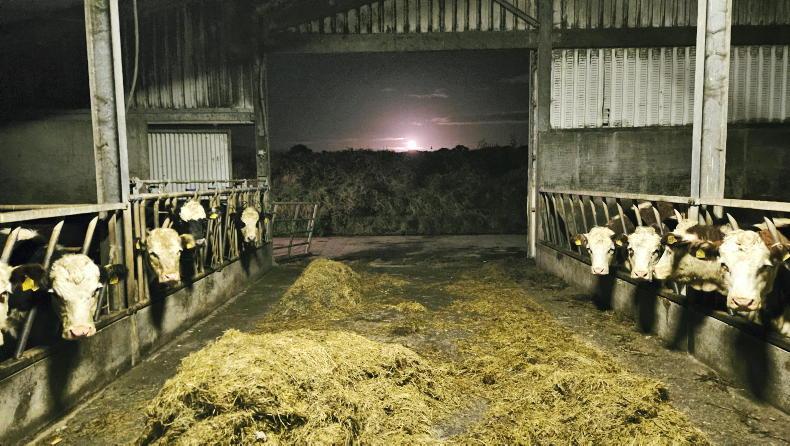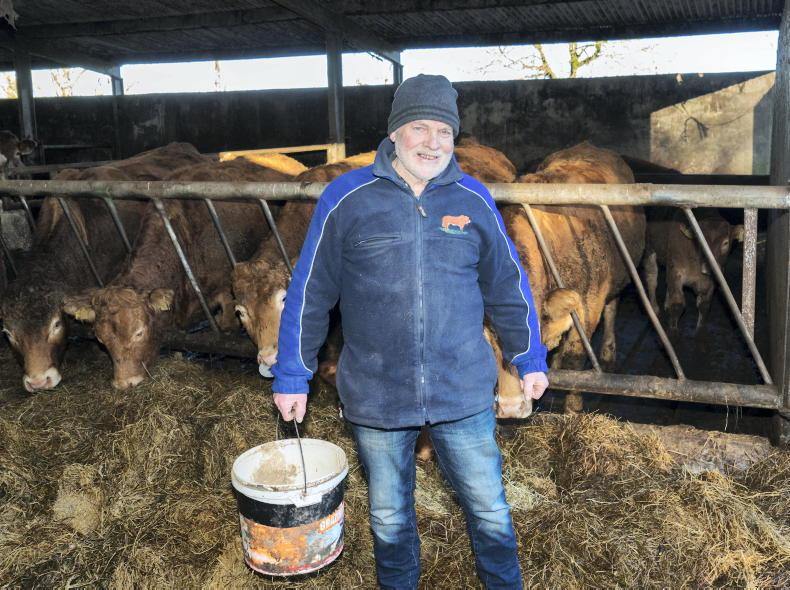The Department of Agriculture has confirmed plans to limit farmers from increasing suckler cow numbers in its new suckler scheme under the next CAP.
The proposed Suckler Carbon Efficiency Programme - or new suckler scheme - is the vehicle being used to curtail numbers.
The Department told the Irish Farmers Journal: “The scheme will prevent a participant increasing their suckler cow numbers over the course of the contract.
"However, in the exceptional cases where a farmer has had a very marginal increase and to ensure that small changes do not impact on farmer participation, the Department will allow some flexibility on this provision.”
The Department added that the final details on what defines an exceptional case will be included in the terms and conditions of the scheme when finalised.
Reference year
The payment rate will be based on a historical reference year or years. This will form a reference number for each herd, which will be the upper number of animals on which payment will be made for the duration of the scheme.
The Department has also confirmed that no final decision has been made on selecting the reference period that will be used.
“Final decisions on the historical reference year(s) or period selected for the purpose of these interventions will be made as part of the process of further development of the CAP strategic plan," it said.
Scheme design
The scheme, or intervention as it is termed in the consultation document, will consist of two measures running parallel to each other, aimed at improving the environmental sustainability of the national beef herd.
Measure A is open to farmers who were a participant in BDGP on 1 June 2021, while measure B will be open to participants who were not previously in BDGP or, if they were, they were not still participating on 1 June 2021.
Farmers in both measure A and B will have to complete four mandatory actions within each year of the scheme.
The document states that the actions will have differing targets, with actions proposed including ensuring a replacement strategy is in place, genotyping, weighing and data recording.
Essentially, the scheme will replace BDGP and BEEP and take actions from each of these schemes.
Complementary actions
It is also proposed that farmers can opt to select two complementary actions, which must be completed in each year of the five-year contract.
Actions are the same for measure A and measure B participants and include forage quality and faecal egg testing.
All applicants will also be required to attend a half-day livestock handling course before the end of year two, with this focused on reducing farm deaths relating to livestock.









SHARING OPTIONS